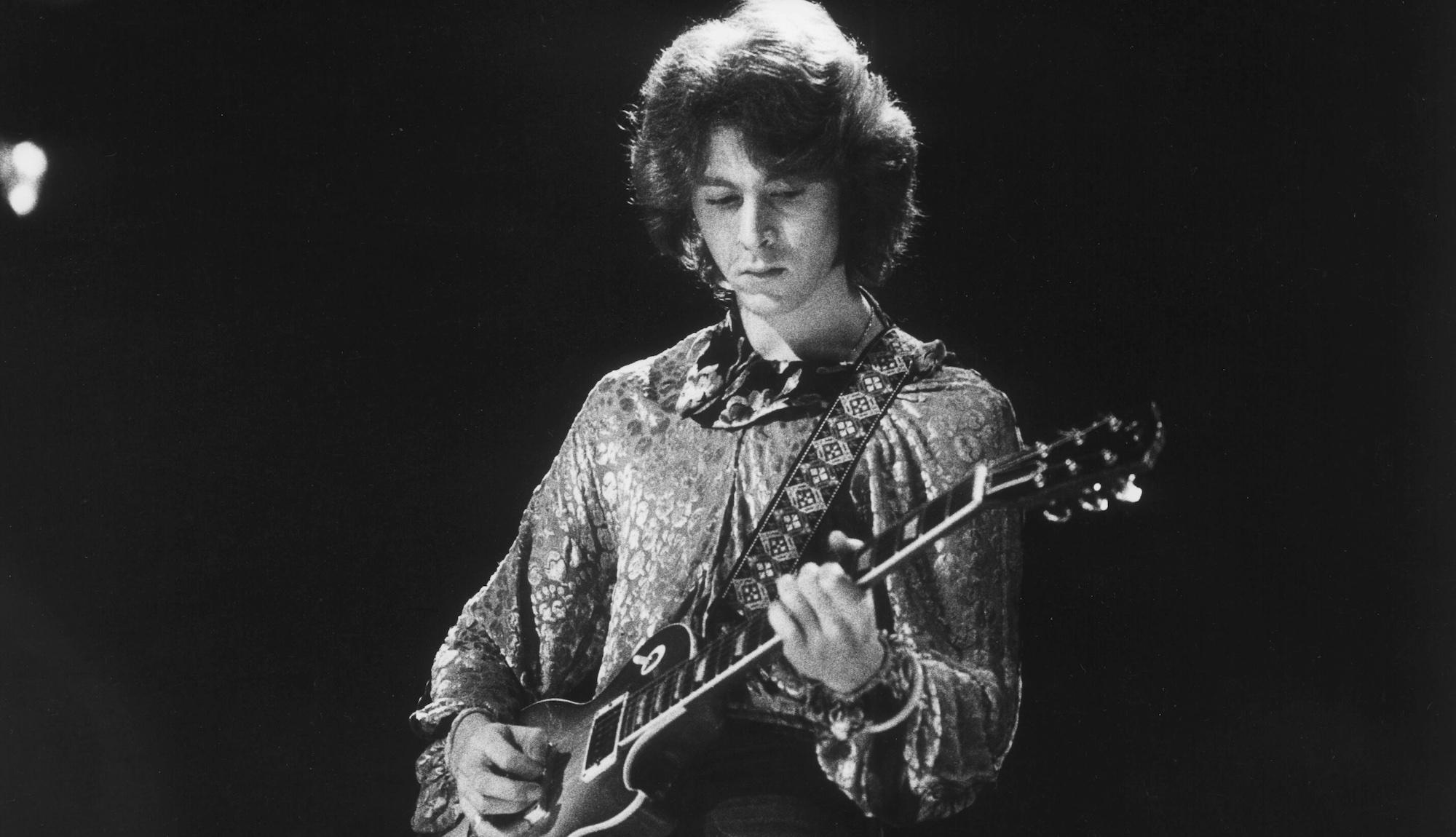“It’s quite lyrical and different from a lot of other Stones songs... I played in a different mode”: Mick Taylor lent stunning slide work to golden-era Rolling Stones classics, but he says this obscure album cut is his best performance with the band
“Because of the structure of the song, it pushed my guitar playing in a slightly different direction,” the ex-Stone said of his unlikely pick

All the latest guitar news, interviews, lessons, reviews, deals and more, direct to your inbox!
You are now subscribed
Your newsletter sign-up was successful
Saying that Mick Taylor never got enough credit (literal and otherwise) for his six-string contributions to the rock 'n' roll magic the Rolling Stones created during their late-'60s to mid-'70s heyday isn't a particularly hot take. And yet, even after all this time, it remains indisputably true.
1971's Sticky Fingers, the middle child of the trio of albums that marked the Stones' towering creative peak, remains best known for, among other classic rock tentpoles, the pure filth of Brown Sugar, and the sparse, grooving Can't You Hear Me Knocking.
Both driven by page 1 guitar riffs, those tunes helped further set in steel Keith Richards' presence as a larger-than-life, headline-dominating, trend-ignoring character crafting staples of the rock guitar songbook while engaging in legendary feats of debauchery. The people's guitar hero, if you will.
And yet, Sticky Fingers wouldn't be nearly the milestone that it is without, for one, Sway. Placed second on the tracklist after Brown Sugar, Sway perfectly counter-balances the gleeful sinning of the former with vulnerability. Its shining moment is one of the most sublime slide solos ever laid to tape, with Taylor gamely, for a moment, filling the shoes of the Stones' late slide master, Brian Jones.
More of Taylor's graceful slide work can be found on Sticky Fingers closer Moonlight Mile, Mick Jagger's ruminations on the trials and tribulations of the rock star life.
Those of us in 9-5s, overnights, or anything that doesn't involve playing to tens of thousands of people on a nightly basis may find it difficult to relate to lines like “With a head full of snow” and “Just another mad, mad day on the road,” but Taylor's charming slide yawns give it a home-y charm – you're hearing tales from a friend over a beer, not 21st century Western music's Casanova.
With that in mind, the fact that Taylor cited Sway and Moonlight Mile when asked by Guitar World in a 2015 interview which Stones song he was most proud of, or that he felt best represented him, isn't surprising.
All the latest guitar news, interviews, lessons, reviews, deals and more, direct to your inbox!
“I like a lot of Stones songs – I like Jumping Jack Flash and Street Fighting Man, all for different reasons,” he said. “But as far as the ones I played on, I like Sway – and Moonlight Mile because I sort of had a hand in co-writing that, in a way. Or at least I wrote the riff the string part is based on.”
However, Taylor noted, neither of those songs (both of which he has never received a songwriting credit for) were his favorite “in terms of my own guitar playing.”
That honor, he revealed, goes to Time Waits for No One, from 1974's It's Only Rock 'n' Roll.
“I love that solo. I think it’s probably the best thing I did with the Stones,” Taylor told Guitar World. “It’s not one of their hits; it was an album track. But it’s quite lyrical and it’s a bit different from a lot of other Stones songs. I’d done something that I’d never done. Because of the structure of the song, it pushed my guitar playing in a slightly different direction.
“It’s more – I don’t like to use the term Carlos Santana-esque because it sounds too pretentious, but I kind of played in a different mode. I was playing over a Cmaj7 to an Fmaj7, which aren’t chords the Stones used that much.
“You know, they had their rock and roll songs and they had their ballads as well, and they were very different,” Taylor explained. “And most of the ballads were usually written by me.”
Jackson is an Associate Editor at GuitarWorld.com. He’s been writing and editing stories about new gear, technique and guitar-driven music both old and new since 2014, and has also written extensively on the same topics for Guitar Player. Elsewhere, his album reviews and essays have appeared in Louder and Unrecorded. Though open to music of all kinds, his greatest love has always been indie, and everything that falls under its massive umbrella. To that end, you can find him on Twitter crowing about whatever great new guitar band you need to drop everything to hear right now.
- Damian FanelliEditor-in-Chief, Guitar World
You must confirm your public display name before commenting
Please logout and then login again, you will then be prompted to enter your display name.



